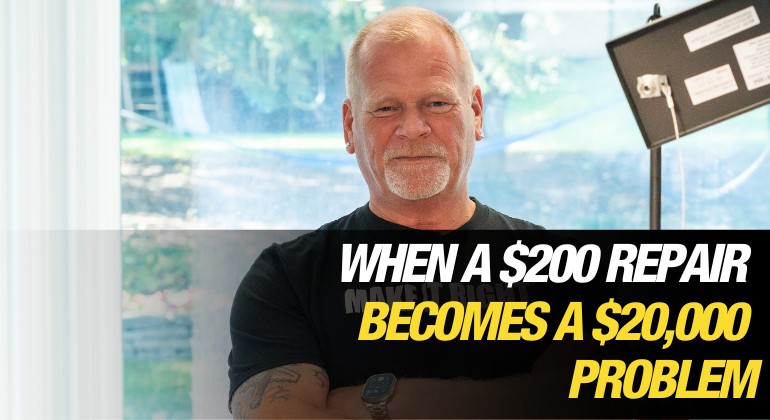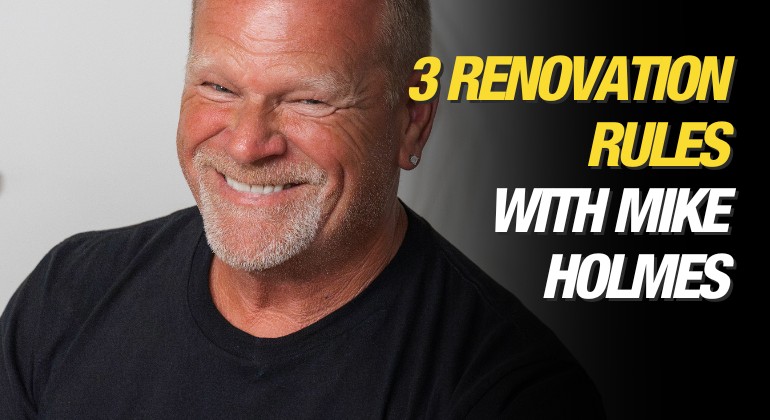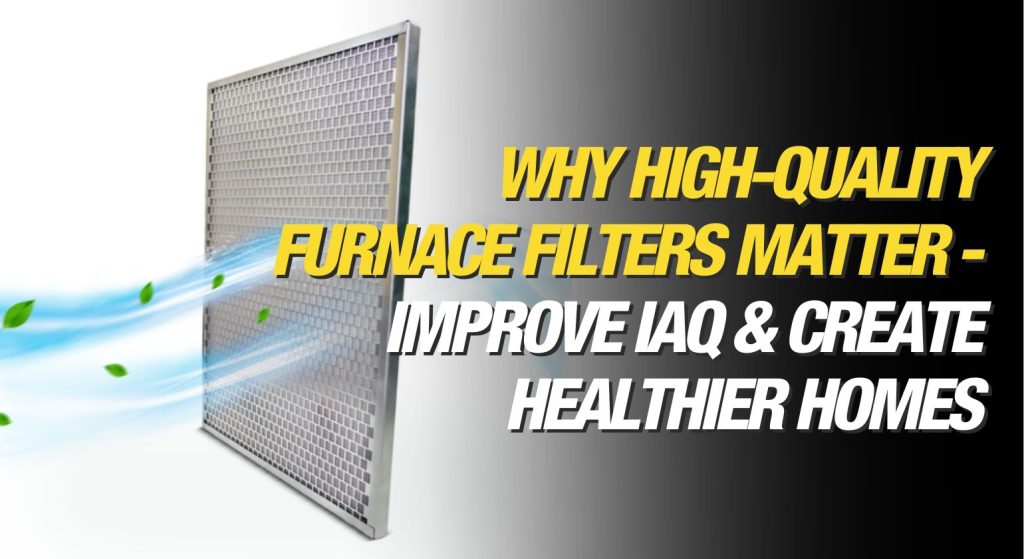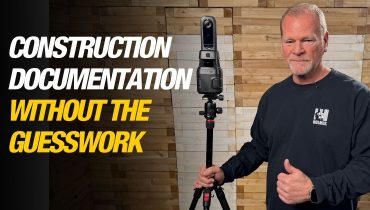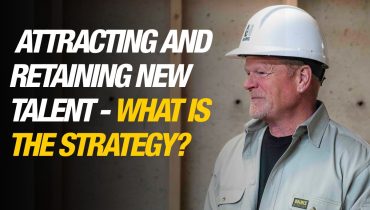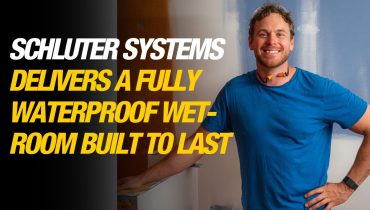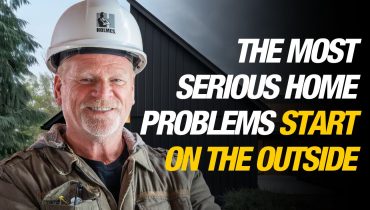I love exploring new technology—especially when it genuinely improves how we work in construction—and I recently came across one that truly impressed me, iGUIDE by Planitar Inc. In my...
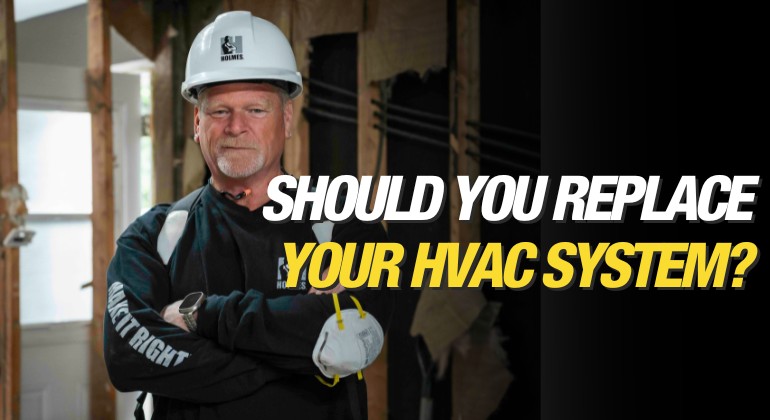
Signs Your HVAC Needs Replacement
By
Mike’s Advice / Holmes on Homes Podcast Expert Advice
Friday, June 13th, 2025 @ 12:00pm
Common HVAC Problems
A good HVAC system isn’t just about heating and cooling – it’s about keeping your home comfortable, efficient and healthy. If your system is working properly, great, but when it starts acting up, that’s when you need to take notice. So does your HVAC need replacement?
HVAC systems don’t last forever. Over time, they wear out, become inefficient and can even affect your indoor air quality, energy bills, and need emergency repairs. That’s why recognizing the warning signs early can save you a ton of hassle and money.
I’m not an HVAC pro but the pros we work with help us bring better comfort, lower costs and cleaner air for the families we help. Let’s discuss common HVAC problems and when it’s time to for an HVAC system replacement.
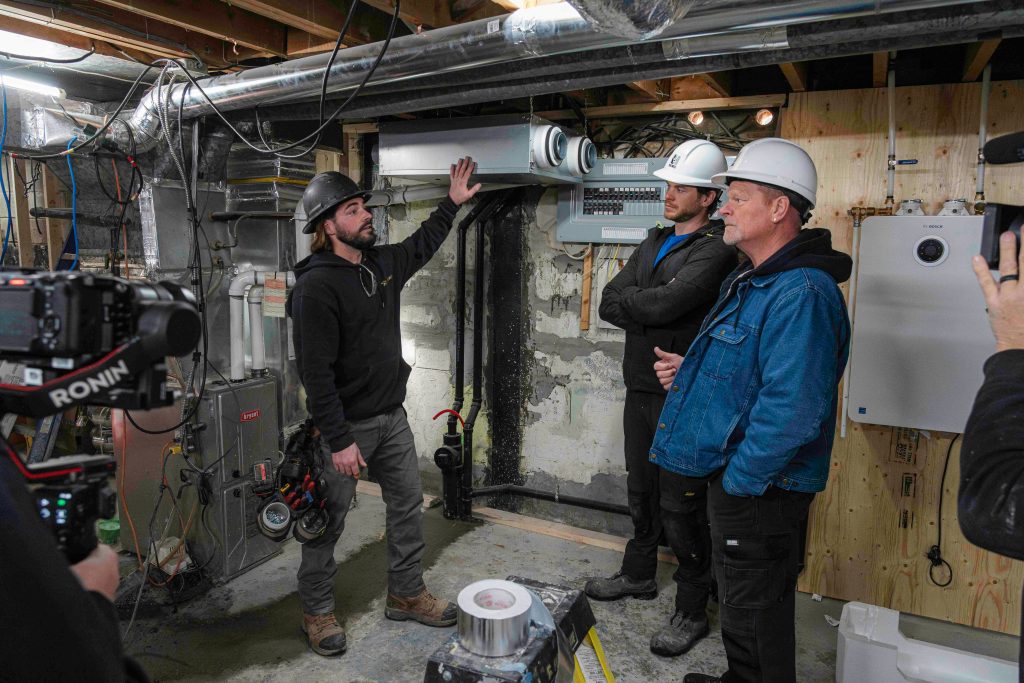
We’ve installed many ERVs on our projects and I’ve learnt a lot over the years, speaking with HVAC specialists and Panasonic Indoor Air Quality experts.
Signs Your HVAC Needs Replacement
The HVAC system in your home provides heating, ventilation and air conditioning – that’s what HVAC stands for. When your HVAC is performing optimally, it regulates the indoor temperature, humidity and air quality of your home by heating, ventilating, cooling air and filtering out pollutants. However, when the system starts to break down and needs repairs, you may see signs like:
- Rising Energy Bills
- Inconsistent temperatures
- Strange noises or smells
- Excessive dust and poor indoor air quality
- Your home feels less comfortable
Average Lifespan of the HVAC System
If your HVAC system is under 10 years old you may have to do some minor repairs. Always keep up with maintenance tasks!
If your system is older than 10 years and you are frequently calling your HVAC technician, then it might be time to get a new system. Either way, always consult with a licensed HVAC technician to find out the best option for your home.
Here’s a breakdown of the average life expectancy of commonly used systems:
- Furnace: 15-20 years
- Air Conditioner: 10-15 years
- Heat Pump: 10-15 years
- Ductwork: 20-25 years
RELATED: ULTIMATE GUIDE TO HEAT PUMP AND FURNACE MAINTENANCE
How Do You Know Your HVAC is Failing?
Generally, if your HVAC system is older than 10 years, it may be starting to show signs of failing. It is likely not as efficient as it could be and it’s costing you more money to operate. If your system is still working great, then that means you invested in a good quality unit and your regular maintenance checks are doing their job. However, there are some warning signs you should not ignore.
Warning Signs For Your HVAC
Rising Energy Bills
Higher energy bills are among the first signs that your HVAC system may be failing. Sure, energy costs go up over time, but if your bills seem bigger than usual, it’s probably not just the cost of living – it’s your HVAC system telling you it’s working overtime.
Older systems lose efficiency. They struggle to keep up with demands, use more energy, and you pay more for less comfort. That’s why it’s so important to stay on top of it with regular servicing. If your HVAC system drains your wallet every month, it might be time to upgrade to something more efficient and reliable.
Inconsistent Temperature Control
Another indication that your HVAC system may be failing is the presence of hot and cold spots in your home. A malfunctioning HVAC system may also struggle to maintain stable temperatures throughout your home.
Frequent Repairs & Breakdowns
When your HVAC system starts aging, you’ve got to ask yourself: Is it worth fixing, or am I just throwing money away? It’s like an old car—at some point, you’re spending more on repairs than it’s worth. If you’re calling the technician every few months, replacing parts left and right, and still dealing with an inefficient system, it’s time to start thinking about an upgrade.
If repair costs are adding up to 50% (or more) of the price of a new system, replacement is the smarter choice. You won’t be disappointed and a new system will keep your home comfortable and energy-efficient for years to come.
Noise and Smells
A well-functioning HVAC system should run quietly. If you start hearing weird noises, it’s usually a sign that something is wrong. It could mean a failing blower motor or compressor if you hear banging or clanking. A screeching or squealing sound could mean worn-out belts or motor bearings. Rattling, delayed ignition or hissing – all of these are signs that you need your system serviced! Not only are these affecting your HVAC performance, but they could potentially be dangerous and unsafe.
Additionally, your HVAC system should not give off strange smells, like burning or electrical smell. This could mean overheating components or melting wires. Potentially hazardous or a fire risk situation. Shut it off and call a pro.
Rotten egg smells could mean a gas leak, while musty odors could mean mould or mildew in your system. If you detect exhaust fumes, it could signal a cracked heat exchanger that could leak carbon monoxide. Again, if you encounter any of these signs – call a pro!
RELATED: WHY DOES MY HOUSE SMELL?
Changing or cleaning your furnace filters, including the filter in your humidifier is an essential part of ensuring your furnace works optimally.
Poor Air Quality & Increased Humidity
When your HVAC system gets older, it doesn’t just struggle to heat and cool your home, it also stops filtering air properly. That means more dust, allergens, and humidity problems in your home. An aging HVAC system can make your home less comfortable and even impact your health. If you’re dealing with excessive dust, moisture issues, or poor air quality, it might be time to look into an upgrade.
RELATED: HOW TO UNDERSTAND INDOOR AIR QUALITY
Inconsistent Thermostat Performance
If you’re constantly adjusting the thermostat and your HVAC system still isn’t keeping up, that’s a red flag. A delayed or unresponsive system could indicate failure. If some rooms are too hot while others are too cold, it may be a sign of a struggling system, clogged ducts, or failing components. If your system turns on and off frequently without reaching the set temperature, it’s working harder than it should. A healthy system should respond quickly and keep your home at the right temperature without a struggle.
HVAC Repair vs. Replacement: Which Is the Right Choice?
When is the right time to replace your HVAC system? If the cost of repairs exceeds 50% of the replacement cost of the unit, it’s generally time to consider a new system. Newer HVAC models are 30-50% more efficient, which helps reduce long-term costs. Additionally, these modern systems improve airflow, humidity control, and provide consistent temperatures. The best part is that many energy-efficient HVAC systems qualify for government rebates and tax credits.
Whether it’s excess humidity in the bathroom, lingering smells in the kitchen, or a spike in indoor activity, the system responds intelligently—delivering just the right amount of fresh air, exactly when it’s needed. You’re not just dumping air in or pulling it out—you’re controlling it. That’s smart.
This level of control and efficiency helps reduce strain on your HVAC system, manage indoor humidity, and maintain better air quality year-round, all without over-ventilating or driving up your energy bills.
Choose Wisely and Consult with a Qualified HVAC Technician
Rising energy bills, inconsistent temperatures, strange noises/smells, excessive dust, poor air quality and frequent repairs are all indicators that an HVAC system may need replacement. Replacing or upgrading your HVAC system is an important decision. Homeowners need to do their research, consult with the pros and consider their options based on their specific home and lifestyle. It’s a big investment so choosing the right HVAC system for your family will keep them comfortable, lower energy costs, and improve air quality. Take the time to make a well-informed choice, and you will enjoy the benefits for years to come.
READ NEXT:
About Mike Holmes
Mike Holmes is a respected contractor and television personality who is dedicated to providing homeowners with practical advice and solutions for building and maintaining safe, high-quality homes. Known for his TV shows like Holmes on Homes and Holmes Makes It Right, Mike’s expertise spans various aspects of home construction and renovation. A key area of his focus is HVAC (heating, ventilation, and air conditioning) systems, as he understands the critical role they play in creating comfortable, energy-efficient, and healthy living environments.
